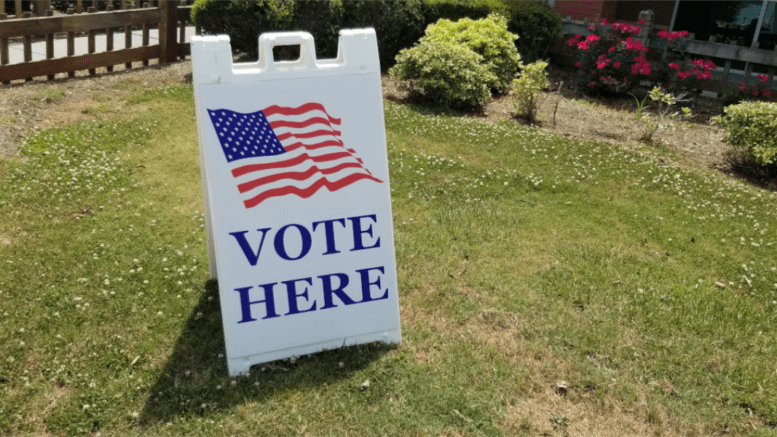By John A. Tures, Professor of Political Science, LaGrange College
As some polls claim Robert F. Kennedy Jr. is allegedly taking the lead in several polls, many pundits are quick to claim that this development is worse for President Joseph Biden, as the incumbent will have to face two attackers at once. But what has been more likely to occur is challengers split the anti-incumbent vote, benefiting the Presidential candidate in charge.
The case most likely to be cited in this belief that third party challengers, or political independents, comes down to the most misunderstood election in history: the 1992 contest. People assume that because President George H. W. Bush lost the contest that year, that it must have been due to the presence of Texas Businessman H. Ross Perot and Arkansas Democratic Governor Bill Clinton tag-teaming the incumbent that year. They also believe that the famous Perot-Bush spats played a huge role in allowing Clinton to sneak into the White House with less than 50 percent of the vote.
Nothing could be further from the truth. All you need to see are the tracking polls from the election that year. As soon as Perot dropped out, Clinton got his biggest boost of the enter campaign in surveys. Once Perot reentered the contest, Clinton’s huge lead in the popular vote polls dropped to a narrow lead. Surveys confirm that Perot drew more from Clinton.
Supporters of Democrats will sometimes claim that liberal Republican Congressman John Anderson hurt President Jimmy Carter, by siphoning away moderate voters and handing the election to Conservative California Governor Ronald Reagan, in the 1980 election. But like 1992, the two Republicans split the anti-incumbency vote. Anderson gave disillusioned Republicans a choice, away from Reagan, who they thought would be too far out of the mainstream, a Rockefeller Republican alternative.
States’ Rights Democrats like Strom Thurmond and George Wallace confounded GOP challengers in 1948 and 1968, respectively. In the case of 1948, the Dixiecrat from South Carolina helped split the anti-Truman vote with New York Governor Thomas Dewey, helping Harry Truman win another term (Progressive Hank Wallace, FDR’s former Vice-President, might have spelled trouble for Truman, but failed to get as many votes).
As for 1968, Republican Richard Nixon prevailed, leading some armchair pundits to conclude that Alabama Democrat George Wallace’s presence on the ticket may have done-in party nominee, Vice-President Hubert Humphrey. But Nixon and Wallace competed for conservative votes, enabling Humphrey to win Texas and nearly denied Nixon a majority in the Electoral College by winning so many Southern states. But it was a bad year for Humphrey.
About the only case where an incumbent was hurt worse than the challenger since 1900 was in 1912, where former President Teddy Roosevelt as the Progressive Party “Bull Moose” candidate, took more votes away from GOP President William Howard Taft. Combined, Roosevelt and Taft won more votes than Democratic New Jersey Governor Woodrow Wilson, but Wilson easily won the most votes in a clear majority of states to take the Electoral College handily, and finish overall first in the popular vote.
Surely anti-vax RFK Jr., from a Democratic political family, should take more votes away from Biden, right? But if history is a guide, voters who don’t like Biden’s policy will likely split their votes between Trump and Kennedy.
John A. Tures is a professor of political science at LaGrange College in LaGrange, Georgia. His views are his own. He can be reached at jtures@lagrange.edu. His Twitter account is JohnTures2.
